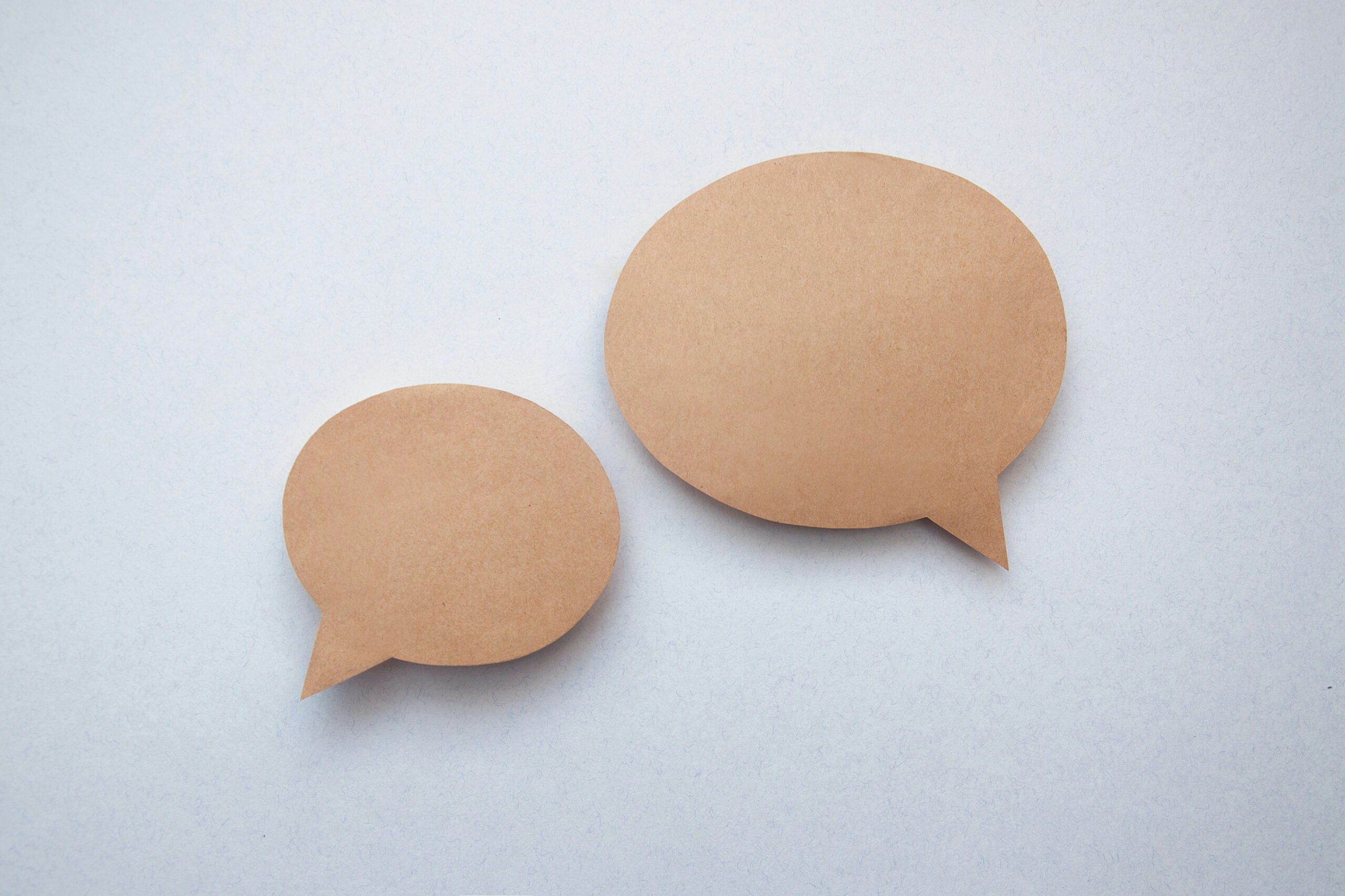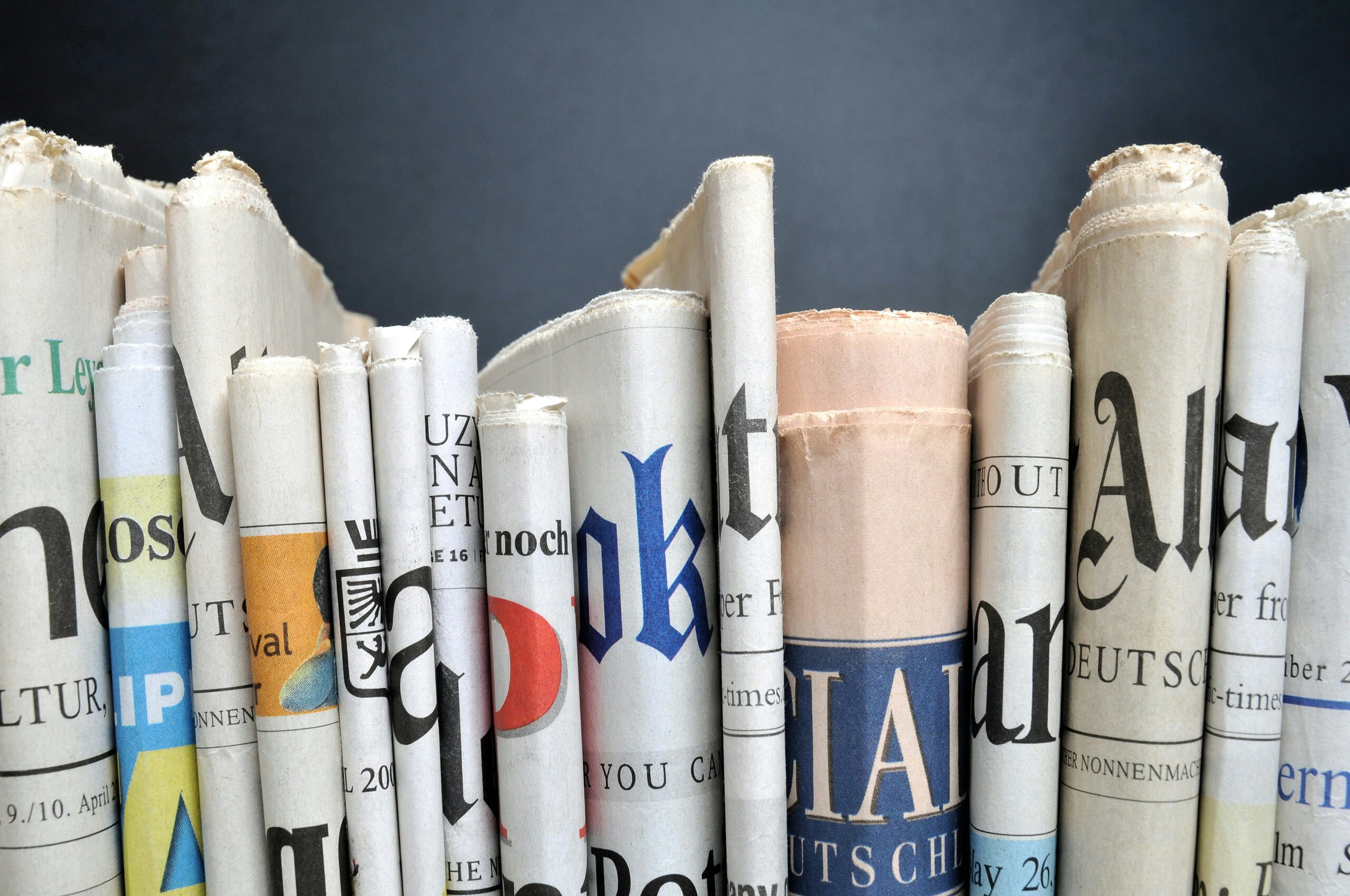Launching The Pluralism Challenge has given us – and hopefully you – an opportunity to reflect on why pluralism is a big deal. (That’s a shameless plug of our introductory essay…please give it a read.)
We’ve also wondered about the things that undermine a pluralistic society. One of those is conflating “wrong” with “evil.” My friend Farhat Popal and I talked about this idea in The Catalyst: A Journal of Ideas From the Bush Institute when we discussed sharing a friendship despite contrasting world views.
A commitment to pluralism means we can live together despite our differences and even find ways to solve common problems. At times, we’ll also agree to disagree, and that’s OK. Friction develops when we can’t accept another person or group holding a difference of opinion or philosophy. Instead, we demonize those who can’t or won’t understand the “rightness” of our position.
We paint ourselves, and those we’re aligned with, as heroes. This inevitably creates a perception that if we’re the heroes fighting for good, then our opponents or those who don’t share our vision are villains motivated by evil.
Such mindsets warp reality and threaten our ability to engage, or even coexist, with diverse groups. Shifting to think of opponents as evil instead of merely wrong may even lead us to dismiss their dignity and value as fellow human beings. That’s toxic to productive dialogue and engagement.
Relatedly, we’re tempted to vilify our opponents hyperbolically. On a good-versus-evil scale where Mother Teresa represents good and Hitler evil, some of us quickly place our opponents near Hitler.
The Dispatch’s Jonah Goldberg often makes the point there are categories of bad that fall well short of being fascist or evil. We should be more comfortable merely calling things wrong, somewhat bad, or just plain old bad.
Another detriment of conflating wrong with evil is devaluing the meaning of the terms. If everything is “Hitler adjacent” or “Nazi-like,” those descriptions cease to have impact.
Alternatively, a commitment to pluralism helps us navigate our differences productively by reminding us that it’s okay for diverse groups to hold different beliefs and opinions.





























